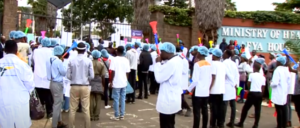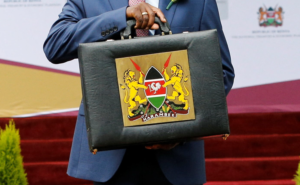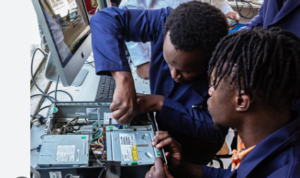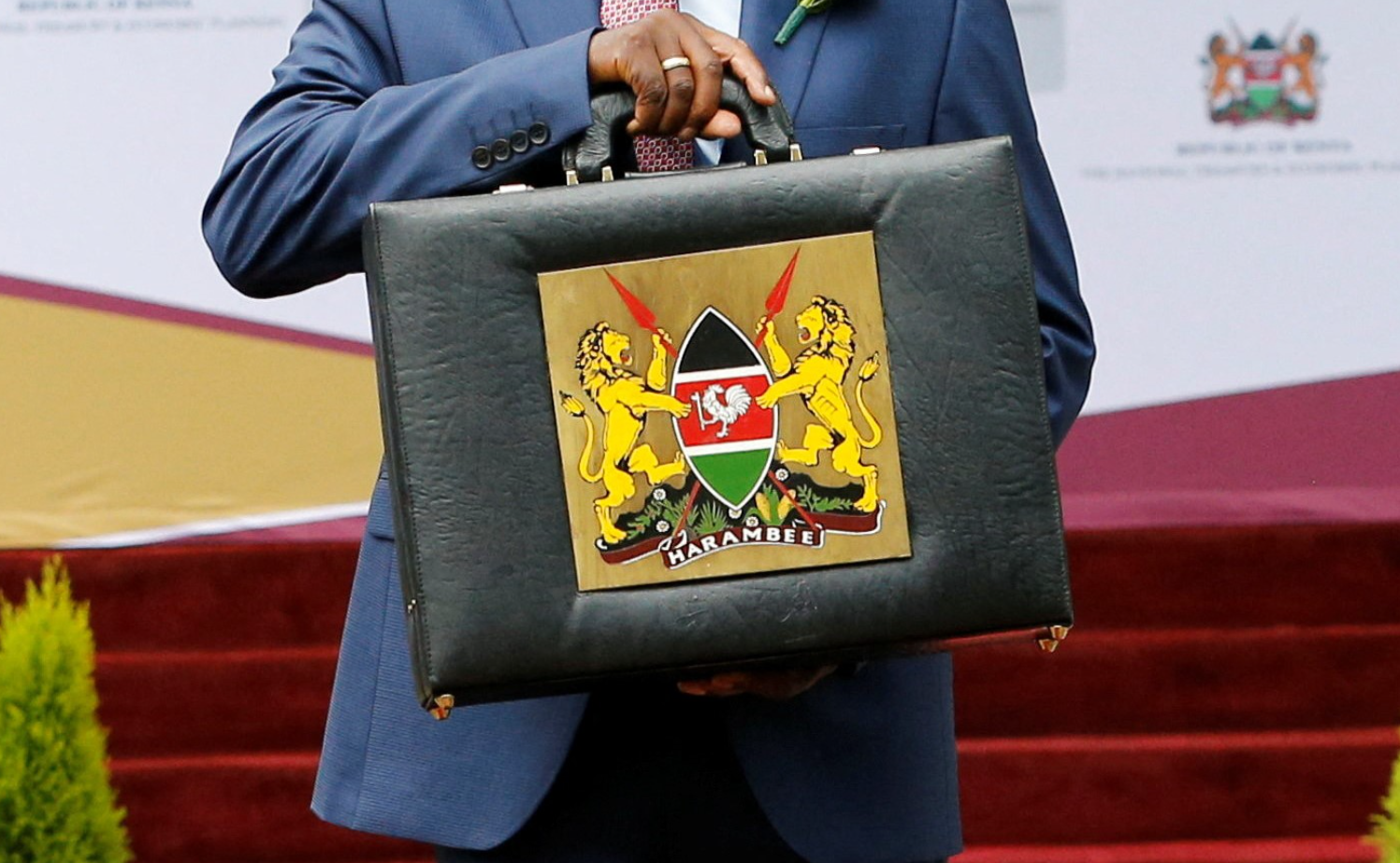It has been 50 days since the medical laboratory technicians started their strike. Yet there is no hope for a return-to-work dialogue in sight.
The officials under the Kenya National Union of Medical Laboratory Officers (KNUMNO) accused the county Governments and the health ministry of looking down upon their work and failing to formulate a recognition agreement, yet the officers have met all the requirements.
“We still have class 8 Dropout and form four leavers doing HIV tests. They are the ones operating VCT centers and private institutions.” Nicholas Odipo, Chairman, KNUMLO.
They accuse the National and county Governments of defying a 2019 court order. The order prohibited the Ministry of Health from employing nonmedical laboratory officers in any health facility. Unfortunately, the hired nonmedical officers continue to run tests and operate without qualifications.
The officers have vowed to continue with the demonstrations every Wednesday until their demands are met. The ongoing strike has left patients stranded in levels two and one hospitals.
The grievances of the medical laboratory technicians are multifaceted. They include poor working conditions, a shortage of staff, a lack of opportunities for career advancement, and inadequate compensation. Furthermore, the technicians are advocating for permanent and pensionable terms of service.

Medical Lap officers protesting infron of the ministry of health building
The county governments are accused of paying the officers salary from Ksh 15,000 which the union cite is very low.
Medical laboratory technicians hold a pivotal role in the healthcare system. They are instrumental in assisting with diagnoses through the administration of lab tests. Moreover, they actively participate, alongside other medical professionals, in various procedures.
The absence of these crucial medical laboratory technicians has not only strained healthcare but also disrupted the workflow in hospitals. This disruption has led to potential worsening of patients’ health conditions and an increased rate of mortality. Additionally, patients are now compelled to seek alternative treatment in private institutions, significantly impacting their financial situation.
“The patients being booked for dialysis, elective CS, and major operations can’t get these services. We are the people who prepare blood during surgery and tests and diagnose a lot of diseases. Currently, what is being done at the hospitals is guesswork.” Pius Nyakundi, Secretary General, KNUMLO.
Unfortunately, the employer is not yet ready to have a constructive dialogue and offer sustainable solutions. Neither is the council of Governors ready to discuss the grievances and ensure the well-being of the laboratory officers and the patient.













